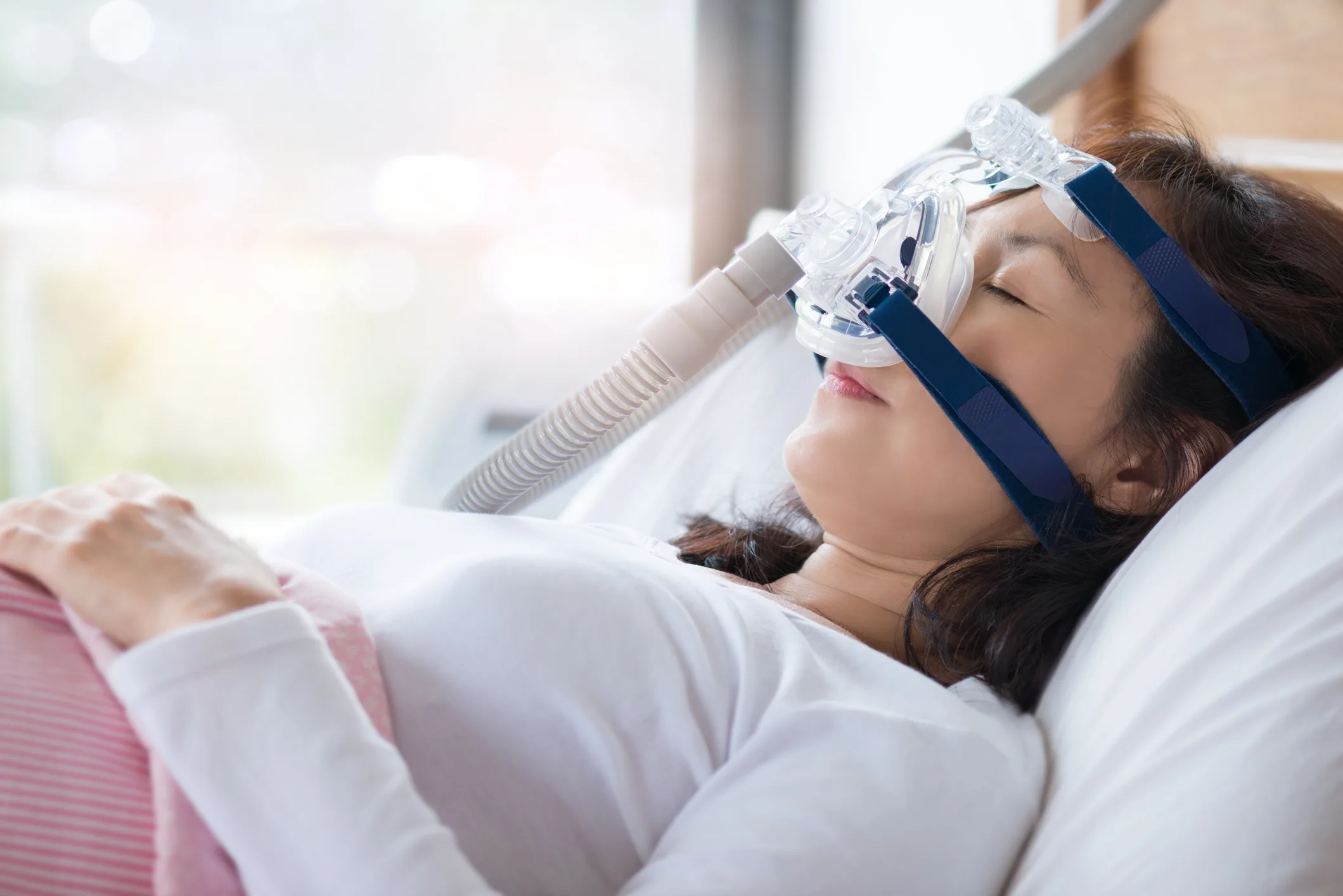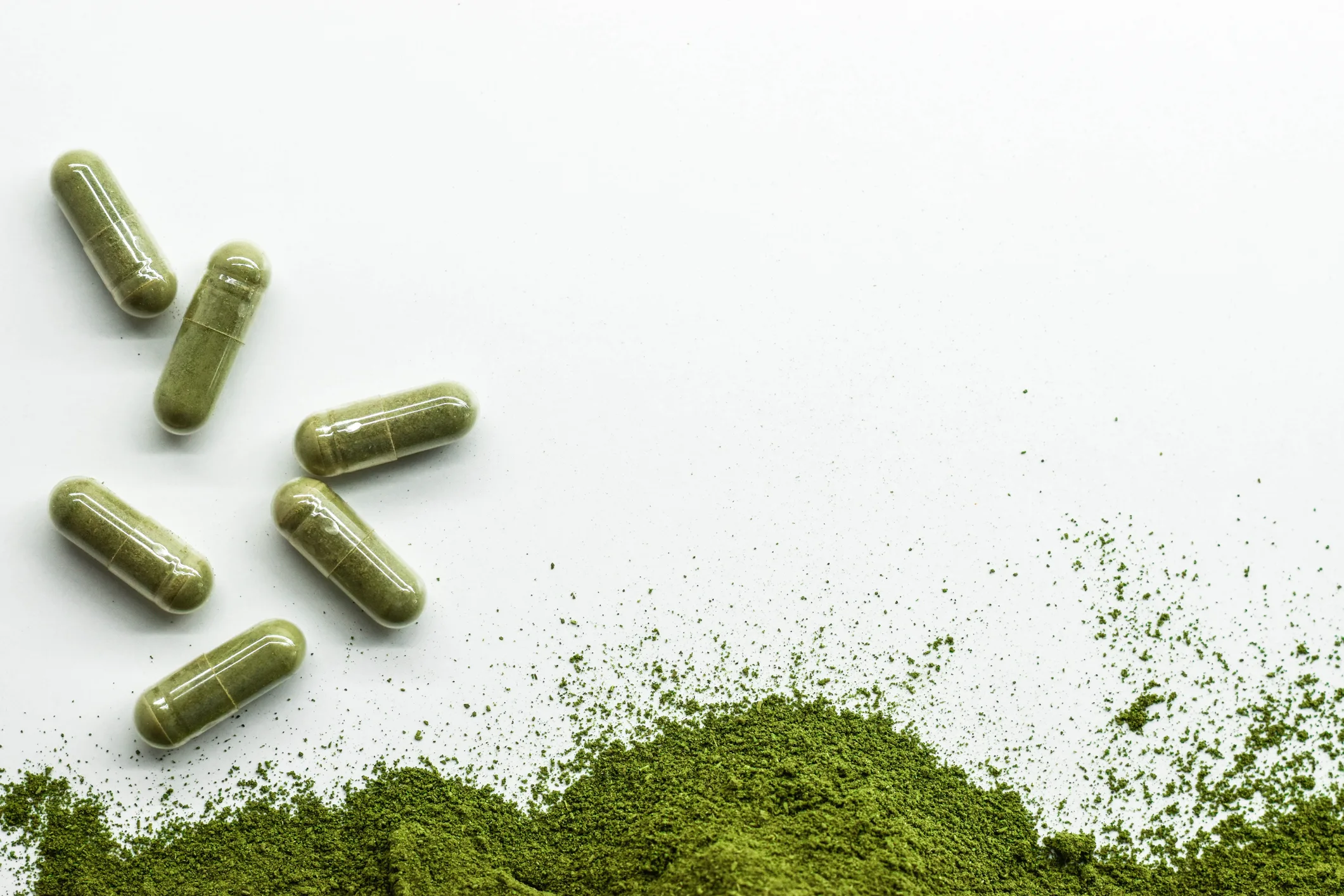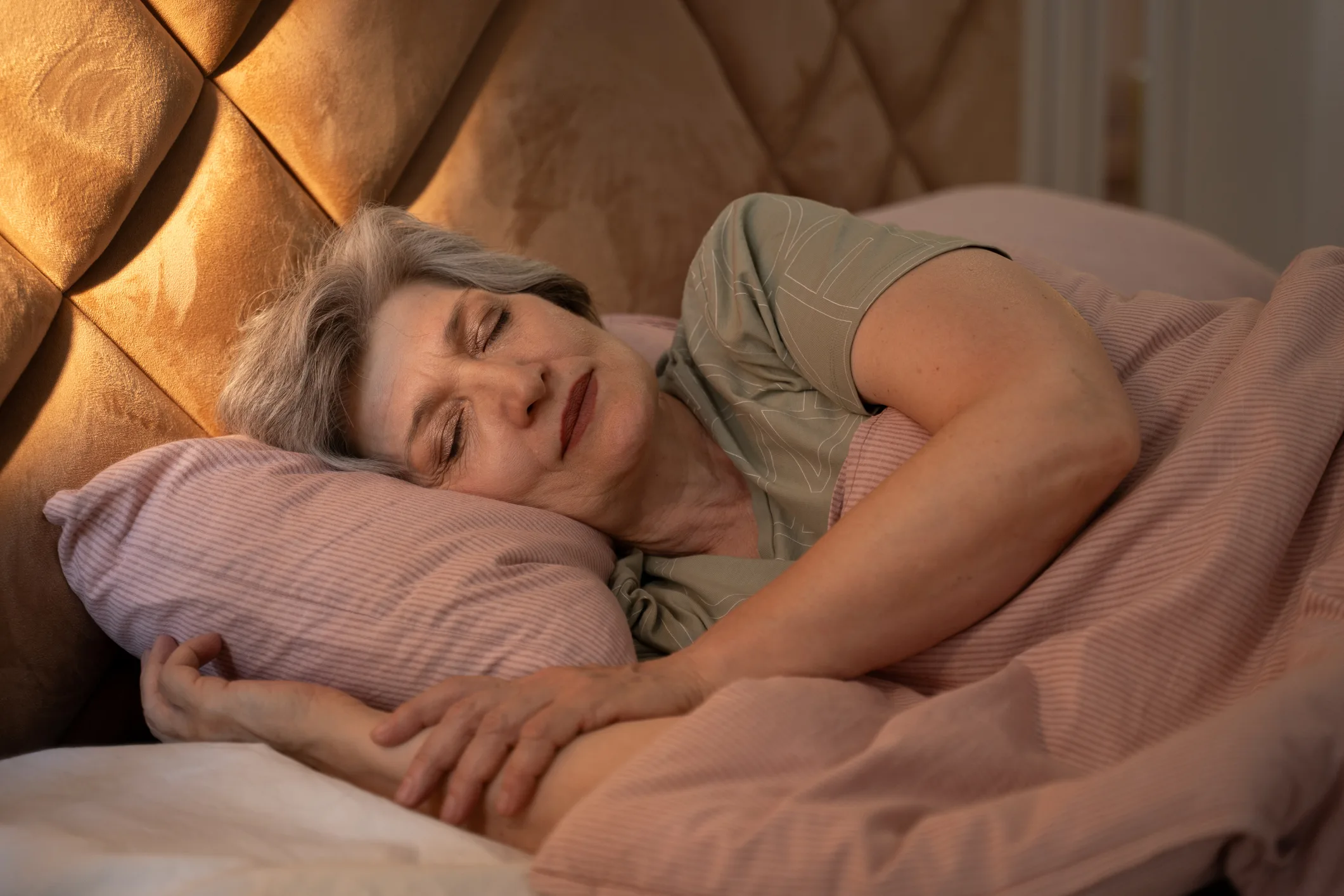As a continuation of our series on Mitochondria, we now look at the effect of the Creatine on Mitochondria and the supplement’s overall impact on health and wellness.
Creatine gained significant popularity in the United States as a health supplement in the early 1990s. At the time, there was mainly a single form of the supplement, Creatine Monohydrate. A second version, Creatine Hydrochloride (HCL) was introduced in the early 2000’s.
This surge in popularity was primarily driven by research studies that demonstrated its effectiveness in improving athletic performance, particularly in high-intensity activities like weightlifting and sprinting.
As a result, many athletes, especially bodybuilders and strength trainers, began using and promoting creatine, making it more visible to the public.
However, its long-term benefits and side effects were not fully known at the time.
Today, after decades of use, Creatine’s side-effects are known to be minimal and the benefits, significant.
While Creatine doesn’t directly interact with mitochondria, it plays a crucial role in supporting their function and overall cellular energy production. Here’s how:
Creatine’s Role in Energy Production:
- ATP Resynthesis: Creatine is involved in the phosphagen system, a rapid energy system that helps regenerate adenosine triphosphate (ATP), the primary energy currency of cells.
- Mitochondrial Function: By maintaining adequate ATP levels, creatine indirectly supports mitochondrial function. Mitochondria are responsible for cellular respiration, the process of converting nutrients into ATP through oxidative phosphorylation.
Potential Benefits of Creatine for Your Health:
- Enhanced Exercise Performance: Creatine supplementation can improve high-intensity exercise performance by increasing ATP availability, leading to increased power output and reduced fatigue.
- Muscle Growth and Strength: Creatine can promote muscle growth and strength by increasing protein synthesis and reducing muscle damage.
- Neurological Benefits: Creatine may have neuroprotective effects, potentially benefiting brain health and cognitive function.
- Mitochondrial Protection: Some studies suggest that creatine may help protect mitochondria from oxidative stress and damage, particularly in conditions like neurodegenerative diseases.
Important Considerations:
- Individual Response: The effects of creatine supplementation can vary from person to person.
- Consult a Healthcare Professional: It’s advisable to consult with a healthcare provider before starting any new supplement, especially if you have underlying health conditions.
- Proper Dosage: Following recommended dosage guidelines is crucial to avoid potential side effects.
Creatine plays a vital role in supporting cellular energy production and overall athletic performance and it remains a cornerstone in the supplement regimen of those looking to elevate their physical and potentially cognitive well-being.
Source:
Creatine Supplements: An Overview
Creatine and Muscle Building: Unravelling the Key to Enhanced Performance.











